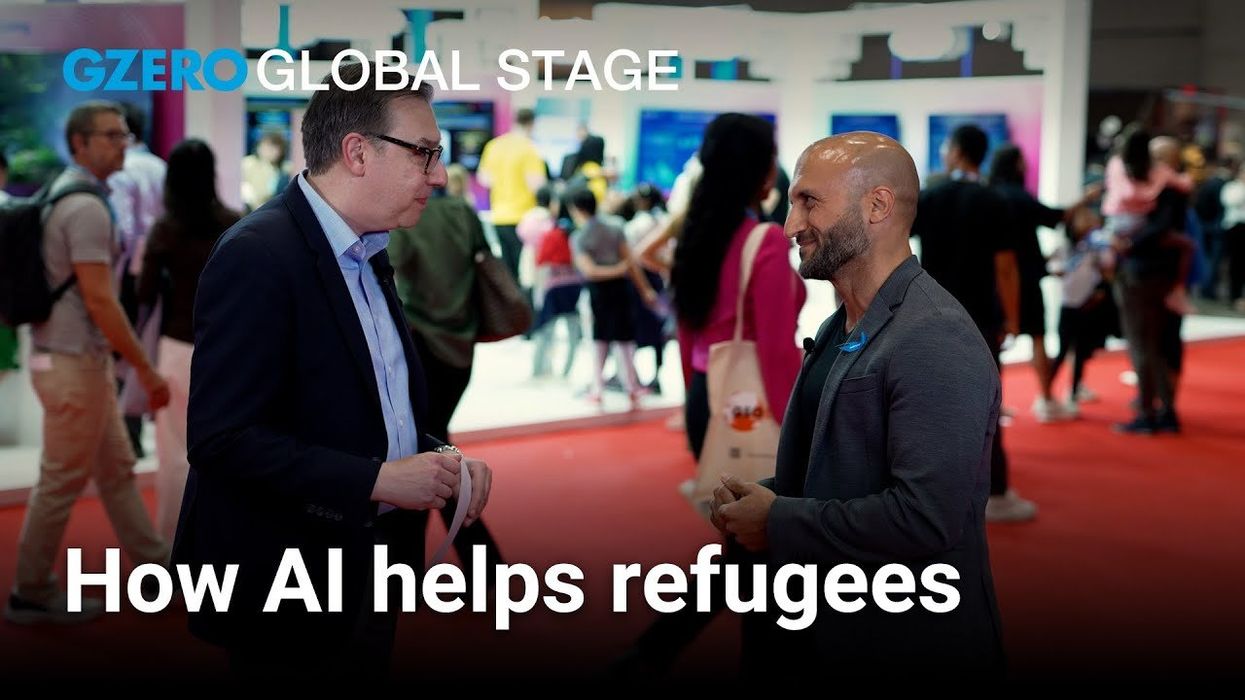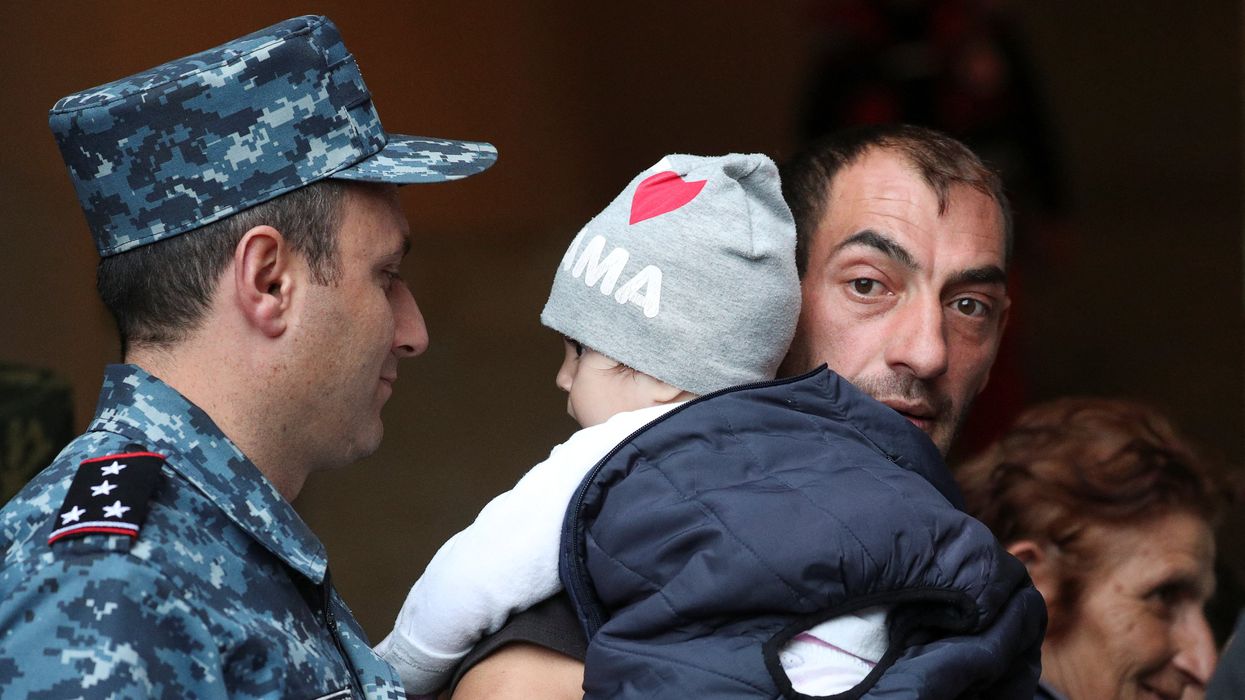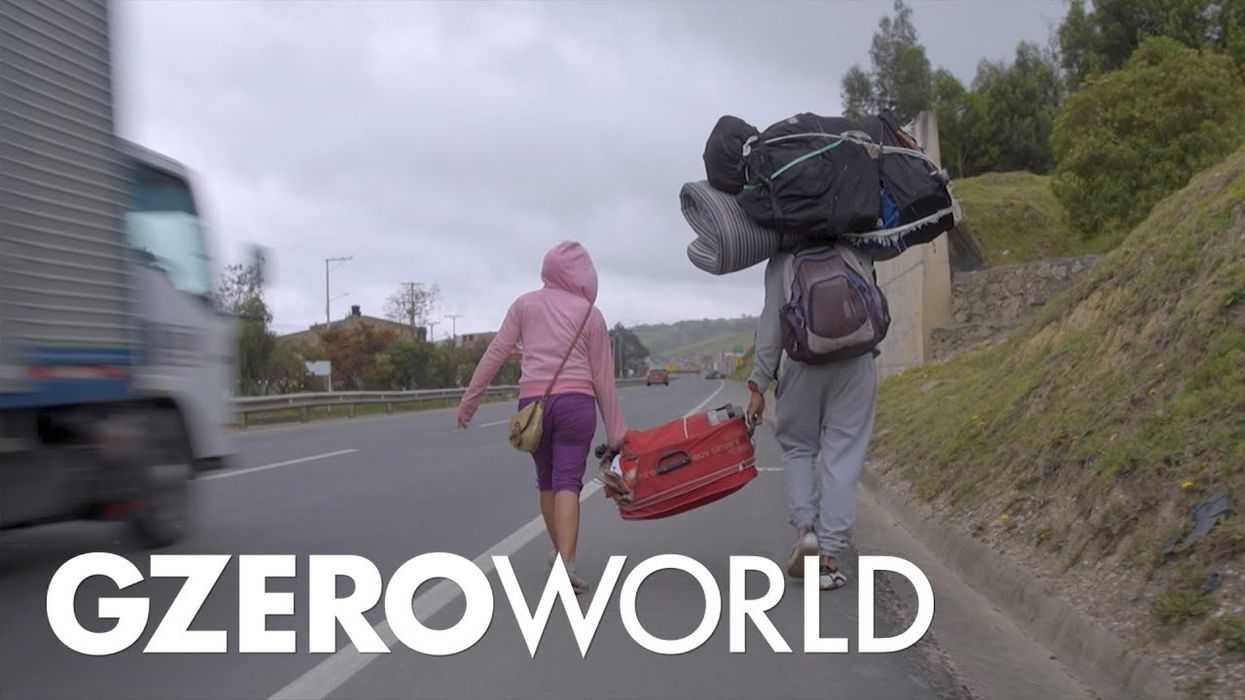AI For Good Summit
AI innovations that tackle the global refugee crisis
“Tech is a means to an end, not the end itself,” says Hovig Etyemezian, head of UNHCR’s Innovation Service. Speaking to GZERO's Tony Maciulis at the 2025 AI for Good Summit in Geneva, Etyemezian explains how technology is helping address one of the world’s most urgent challenges: the record number of forcibly displaced people. As conflicts rise and resources shrink, UNHCR is using data, AI, and digital tools to improve services and empower refugee communities, but only when designed with those communities, not for them.
Jul 10, 2025



